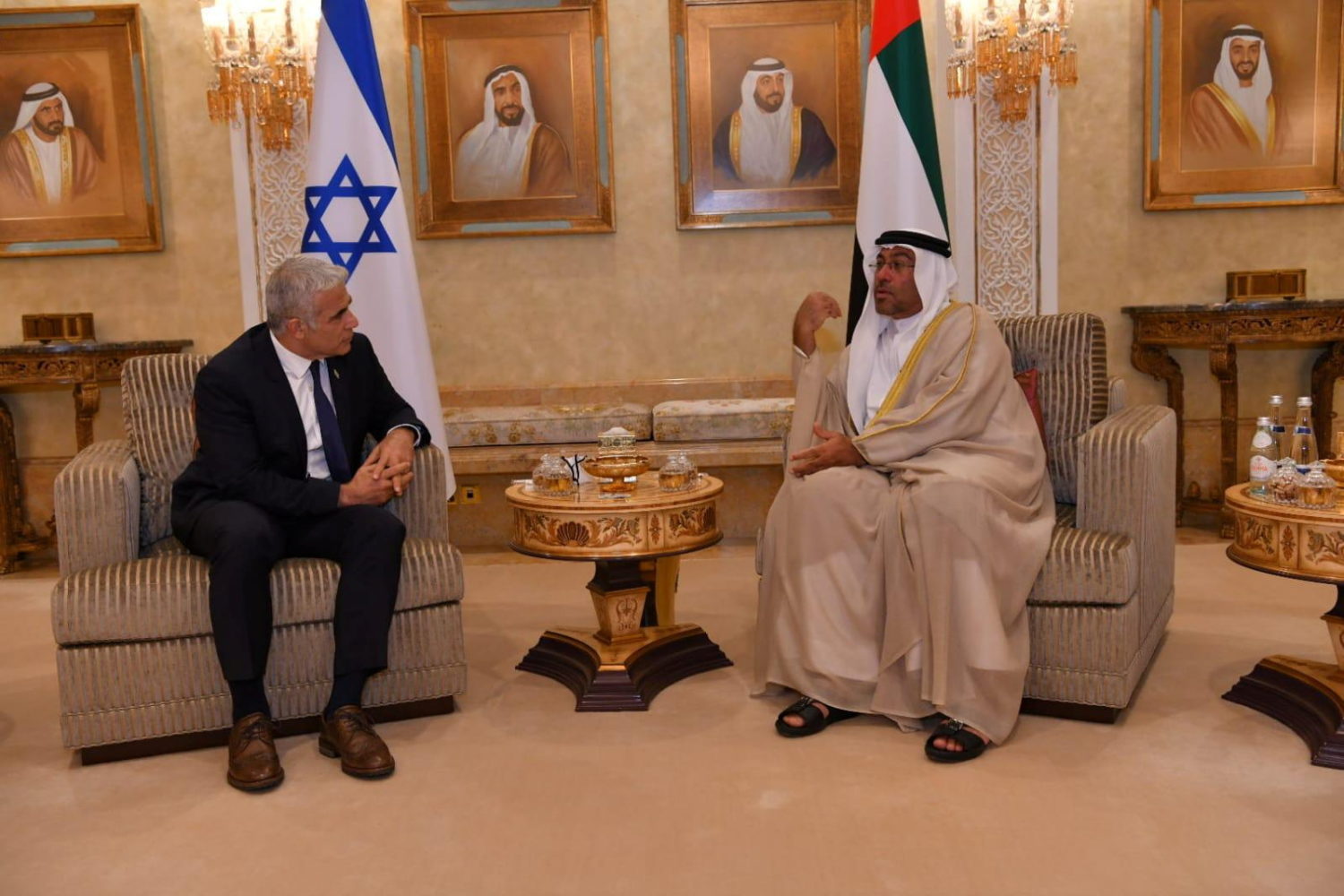
By Ali Sawafta and Jeffrey Heller
RAMALLAH, West Bank/JERUSALEM (Reuters) -Secretary of State Antony Blinken pledged on a Middle East mission on Tuesday that Washington would provide new aid to help rebuild Gaza as part of efforts to bolster a ceasefire between its Hamas Islamist rulers and Israel.
Hoping to reverse a move taken by former President Donald Trump that angered Palestinians, Blinken said the United States would advance the process of re-opening the Jerusalem consulate that had served as its diplomatic channel to the Palestinians.
Speaking alongside Palestinian President Mahmoud Abbas in the West Bank city of Ramallah, Blinken said the United States would provide an additional $75 million in development and economic aid to the Palestinians in 2021, $5.5 million in immediate disaster relief for Gaza and $32 million to U.N. Palestinian aid agency.
But Blinken reiterated that Washington intended to ensure that Hamas, which it regards as a terrorist organization, did not benefit from the humanitarian aid – a potentially difficult task in an enclave over which it has a strong grip.
Blinken began his regional visit in Jerusalem, where he held talks with Prime Minister Benjamin Netanyahu. The Israeli leader, speaking to reporters with the top U.S. diplomat at his side, threatened a “very powerful response” if Hamas renewed cross-border rocket strikes.
The truce, brokered by Egypt and coordinated with the United States, began on Friday after 11 days of the worst fighting between Palestinian militants and Israel in years. Now in its fifth day, it has been holding.
“We know that to prevent a return to violence we have to use the space created to address a larger set of underlying issues and challenges,” Blinken said.
“And that begins with tackling the grave humanitarian situation in Gaza and starting to rebuild.”
Blinken will be in the region through Thursday, and will also travel to Egypt and Jordan. In tandem with his visit, Israeli authorities allowed fuel, medicine and food earmarked for Gaza’s private sector to enter the territory for the first time since the hostilities began on May 10.
Blinken said re-opening the U.S. Consulate General in Jerusalem would be “an important way for our country to engage with and provide support to the Palestinian people”.
The Trump administration merged the consulate with the U.S. Embassy in Israel in 2019, two years after recognizing Jerusalem as Israel’s capital and later moving the embassy there from Tel Aviv.
Those moves broke with long-standing U.S. policy and infuriated Palestinians, who seek East Jerusalem as capital of future state.
Israel deems all of Jerusalem, including the eastern sector it captured in the 1967 Middle East War and annexed in a move not recognized internationally, as its undivided capital.
Biden has no plans to reverse the embassy relocation but has moved in the early months of his term to repair relations with Palestinians. In April, Biden restored hundreds of millions of dollars in Palestinian aid cut by Trump.
Speaking alongside Blinken, Abbas thanked the U.S. “for its commitment to the two-state solution (and maintaining) the status quo on the Haram al-Sharif,” a Jerusalem compound holy to Muslims and Jews that contains Al-Aqsa Mosque, Islam’s third-holiest site.
Abbas also thanked Blinken for what he called American support “for the preservation of (Palestinian) residents of … Sheikh Jarrah,” an East Jerusalem neighborhood where the potential evictions of Palestinian families helped spark the Israel-Gaza fighting.
TWO STATES
Negotiations between Israel and Abbas’s Palestinian Authority, which has limited self-rule in the West Bank, collapsed in 2014.
While Biden has said a two-state solution was the only answer to resolving the Israel-Palestinian conflict, U.S. officials have suggested it was too early for wider peace talks.
Israel is in political flux after four inconclusive elections in two years, and the Palestinians are divided by enmity between Hamas and Abbas, who holds sway in the West Bank.
Blinken said he and Netanyahu discussed “other steps” that need to be taken by leaders on both sides to set “a better course” for Israelis and Palestinians.
“As President Biden said, we believe that Palestinians and Israelis equally deserve to live safely and securely, to enjoy equal measures of freedom, opportunity and democracy, to be treated with dignity,” Blinken said.
At least 254 people were killed in Gaza and more than 1,900 wounded, Palestinian health authorities said, during the fighting that saw hundreds of Israeli air strikes.
The Israeli military put the death toll in Israel at 13, with hundreds treated for injuries after rocket salvoes caused panic and sent people as far away as Tel Aviv rushing into shelters.
Commercial buildings, residential towers and private houses across the Gaza Strip, where two million people live, were damaged or destroyed by the time the ceasefire was announced.
In Gaza, Palestinian officials estimated reconstruction costs at tens of millions of dollars. Israel has blockaded the territory since 2007, in what Palestinians condemn as collective punishment. Egypt also maintains restrictions on its border with Gaza. Both countries cite security concerns for the measures.
Israel says air strikes hit legitimate military targets and that it did its utmost to avoid civilian casualties, including giving prior warnings when it was about to strike residential buildings that it said also had a military use.
(Additional reporting by Humeyra Pamuk and Arshad Mohammed in Washington, Nidal al-Mughrabi in Gaza and Ali Sawafta in Ramallah and Maayan Lubell in Jerusalem; Editing by William Maclean)












